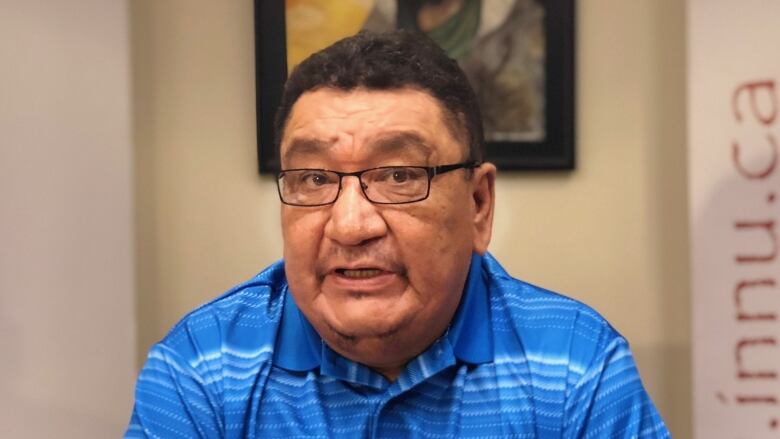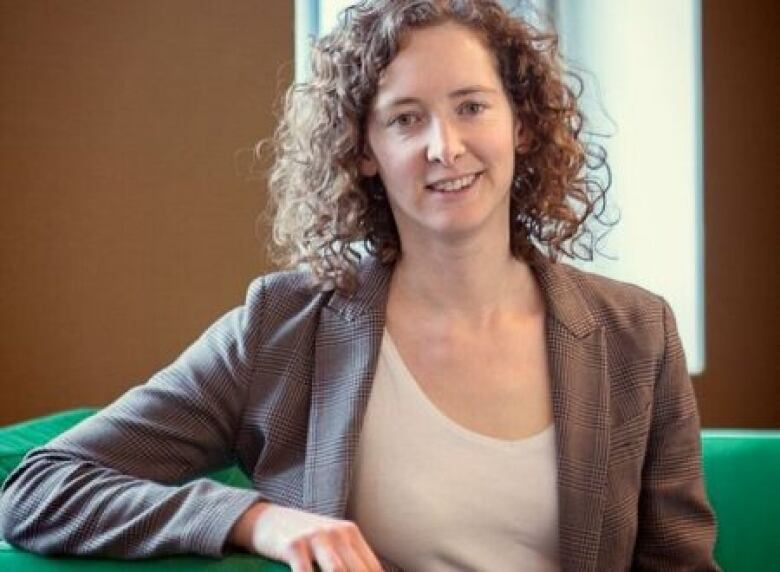Innu Nation filing human rights complaint against Ottawa for causing 'suffering of the worst kind'
Child welfare services that split families apart receive unlimited funding, lawyer says

Innu Nation has filed a legal challenge against the Canadian government alleging its funding practices are breaking Innu families apart rather than keeping children within their own homes and communities.
The human rights complaint claims that current child protection funding leads to minors being sent to foster care and group homes unnecessarily.
The federal government is "providing unlimited funding to the province to remove Innu children if social workers deem that necessary," said Judith Rae, a lawyer with OKT Law in Toronto who's representing the Innu Nation.
Previous rulings from the Canadian Human Rights Tribunal have reprimanded the government for discriminatory child protection funding. As a result of those rulings, Ottawa was ordered to fund preventive services and allocate sufficient funding to meet the needs of Indigenous families across the country.
Rae says that isn't happening in Labrador.
"We're seeing dozens of Innu children and youth being taken away," Rae said.
Innu Nation said in a release that one in 10 Innu children are currently in care outside their homes.

Preventive services, unlike typical protection services that aim to relocate children requiring additional care, focus on reducing the need to split families apart, Rae says.
The Innu Round Table Secretariat, tasked with delivering child protection services in Sheshatshiuand Natuashish, wants to see funding thatconnects each family in need with a social worker who can guide parents and children to supports.
"There may be a need for addictions treatment, there may be a need for mental health counselling," she said.
In some cases, especially those involving multiple young children, "it may be a question of supporting that family directly in the home."
Prevention teams in Innu communities are not being sufficiently covered, Rae said, meaning "only a small portion" of families have been connected to a social worker so far, despite requests for more funding.
In a statement, former Innu Nation grand chief Gregory Rich pointed to the recent suicide death of a 15-year-old Innu boy,who had been taken from his family and placed in a group home, as an example of the consequences of child relocation.
"That's just the latest tragedy in a system that has devastated our families in so many ways," Rich said.
Prior rulings
The human rights tribunal ruled in January 2016 that Ottawa discriminated against First Nations children by knowingly underfunding on-reserve child welfare services. A number of other rulings have since builton that precedent.
Last September, the tribunal ordered the federal government to compensate those children, and in some cases caregivers, $40,000 each.
Thetribunal has called the practice of removing children to outside care discrimination that causes "pain and suffering of the worst kind."
Rae believes the federal government is still interpreting the previous rulings too narrowly. "They've added on technicalities that, frankly, are nowhere to be found in those rulings," she said.
"What they're saying is, you have to have an agency that is doing the protection side. That could include taking children away into care, as well as doing the prevention side."
That child welfare agency, according to the government's conditions, must be First Nations-led and delegated by the province something that doesn't make sense in Labrador, Rae said, as the system here isn't set up that way.
"That's just not how child welfare is delivered in this province," she said.
The secretariat has also filed an appeal with Indigenous Services Canada after it denied a preventive services funding proposal.
CBC News has asked for comment from the federal agency.
The Canadian Human Rights Commission would not confirm that the complaint had been registered, but said some cases may reach settlement through a process of mediation.
Those that are not resolved may be sent to the tribunal for a ruling.
With files from Jorge Barrera












_(720p).jpg)


 OFFICIAL HD MUSIC VIDEO.jpg)
.jpg)



























































































